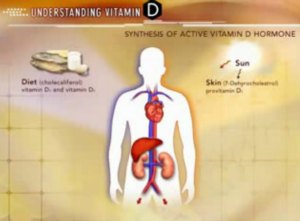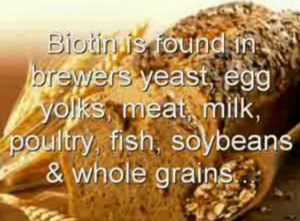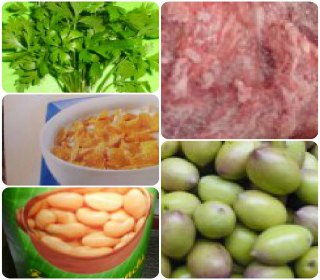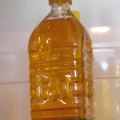Top 7 Vitamin E Foods & Effect On Diabetes
Vitamin E is supposed to have neuroprotective effects on the narrowed blood vessels, decreasing the chances of further damages and trying to repair the already-damaged cells.
As diabetics lack in vitamins and other micronutrients; they are encouraged to eat the right foods rich in these micronutrients to get their effects naturally.
Therefore, I have tried to built up this list of top foods high in vitamin E, in order to make it easier for you while shopping.
When I have prepared this list, I have noticed that these foods have also other nutrients diabetics mostly need, such as being good natural source of fiber, carbohydrates, essential fatty acids, proteins, etc.
I want to remind you that the data on their nutrient properties are extracted from USDA nutrient database. Furthermore, oils and nuts are those with highest content in vitamin E. That is why I have always emphasize the importance of including nuts in your diabetic daily menu.
Explore more vitamins And Minerals.
|
1. Sunflower Oil Around 41 mg of vitamin E is provided in 100 grams of sunflower oil and 1 tablespoon contains approximately 5.6 mg of this vitamin. In addition, sunflower oil contains high content of unsaturated fatty acids (up to 45 grams). |
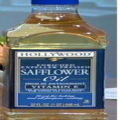 |
2. Safflower Oil Apart being high in vitamin E (34 mg/100 gram); safflower oil has the highest content in polyunsaturated fats (75 grams). |
|
3. Almonds Nuts 100 grams of raw nuts contains 26 mg of vitamin E. In addition, it is an excellent source of other minerals (such as potassium, magnesium) and fatty acids (polyunsaturated and monounsaturated). |
|
4. Canola Oil 100 grams of this oil contains 17 mg of vitamin E, while 1 tablespoon can supply up to 2 mg of it. Furthermore, canola oil is also a good source of unsaturated fats (poly and mono). |
|
6. Hazelnuts It is high in vitamin E (15 mg/100 grams), potassium, magnesium and calcium. Furthermore, it is an excellent source of monunsaturated fats (up to 46 grams/100 gram). |
|
7. Peanuts Although it has a good content in vitamin E (8 mg/100 grams of peanuts); they are an excellent source of potassium, magnesium, niacin, and unsaturated fatty acids. |
 |
Written by Dr.Albana Greca Sejdini, Md, MMedSc
Medically reviewed by Dr.Ruden Cakoni, MD, Endocrinologist
Diabetes complications Questions or Problems? Get Help Here
This is the place where you can ask a question about any aspect of diabetes complications.
It's free and it's easy to do. Just fill in the form below, then click on "Submit Your Question".


